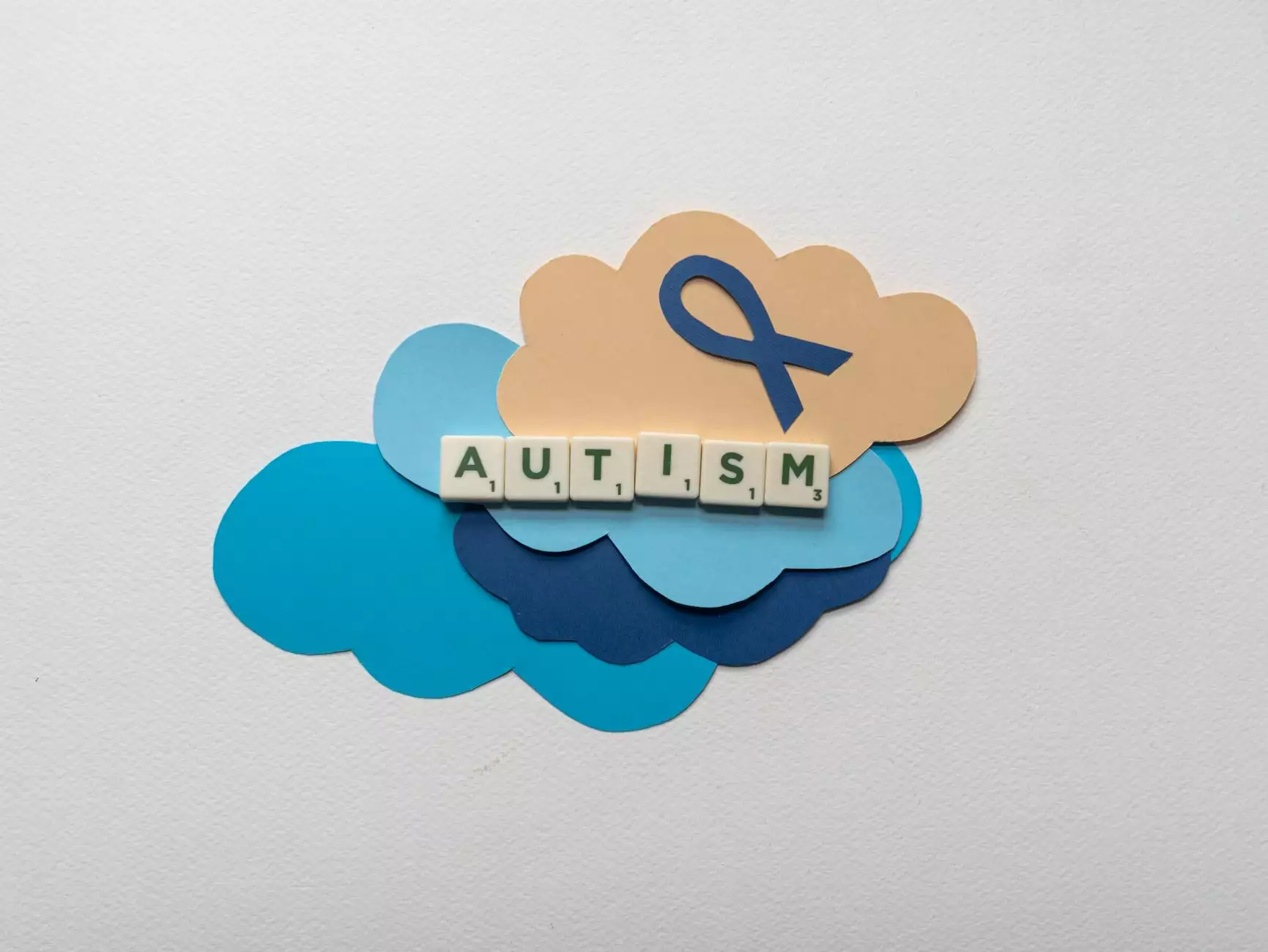Gynecologic Cancer Awareness Month: Understanding, Preventing, and Supporting
Injuries
Introduction
Welcome to Pain Cream Advisors, your trusted resource for all things related to health. As September approaches, we observe Gynecologic Cancer Awareness Month, a time dedicated to raising awareness about gynecologic cancers, their prevention, and the support needed by those affected. In this article, we will provide you with detailed information about gynecologic cancers, risk factors, prevention strategies, and ways to offer support.
What is Gynecologic Cancer?
Gynecologic cancer refers to any cancer that starts in a woman's reproductive organs. These include cancers of the cervix, ovaries, uterus, fallopian tubes, vagina, and vulva. Each of these cancers has its own unique characteristics, but they all share the common factor of affecting a woman's reproductive system.
Understanding the Different Types of Gynecologic Cancers
Cervical Cancer
Cervical cancer is the most common gynecologic cancer worldwide. It develops in the cervix, the lower part of the uterus that connects to the vagina. Most cervical cancers are caused by the Human Papillomavirus (HPV), which is a sexually transmitted infection. Regular screenings, such as Pap smears, are essential for early detection and treatment.
Ovarian Cancer
Ovarian cancer occurs in the ovaries, the reproductive organs that produce eggs. It is often referred to as the "silent killer" because symptoms may not be evident in the early stages. Increased age and a family history of ovarian cancer are some of the risk factors associated with this type of cancer. Understanding the warning signs and seeking medical attention can improve chances of early detection and successful treatment.
Uterine (Endometrial) Cancer
Uterine or endometrial cancer develops in the lining of the uterus. It is the most common gynecologic cancer in the United States. Risk factors include obesity, hormonal imbalances, and certain inherited genetic conditions. Recognizing the symptoms, such as abnormal vaginal bleeding or pelvic pain, is crucial in timely diagnosis and effective management.
Fallopian Tube Cancer
Fallopian tube cancer is a rare form of gynecologic cancer that starts in the fallopian tubes. It is often challenging to diagnose early as symptoms may be subtle or absent. Genetic mutations and a history of ovarian or breast cancer can increase the risk. Being aware of any changes or discomfort in the abdomen can contribute to early detection and appropriate treatment.
Vaginal Cancer
Vaginal cancer originates in the vaginal tissues. It is relatively rare and often detected in later stages due to a lack of routine screening. Some risk factors include age, history of cervical cancer, and infection with the human papillomavirus (HPV). Early detection and prompt treatment are vital for better outcomes.
Vulvar Cancer
Vulvar cancer affects the outer surface area of the female genitalia known as the vulva. It commonly develops in older women. Risk factors include smoking, HPV infection, and a history of precancerous conditions. Recognizing symptoms such as itching, pain, or changes in the vulva can help with early detection and more successful treatment.
Prevention and Early Detection
While the prospect of gynecologic cancer can be daunting, there are preventive measures and screening techniques available to help detect and manage these diseases effectively.
1. Vaccinations
One of the most effective ways to prevent cervical cancer is through vaccinations. The HPV vaccine is recommended for both males and females, ideally administered during adolescence, to protect against the most common types of HPV that can lead to cervical cancer.
2. Regular Screenings
Regular screenings, such as Pap smears and HPV tests, are essential for early detection of gynecologic cancers. These tests can identify abnormal cells or HPV infection before they develop into cancer or progress to a more advanced stage. It is crucial for women to follow the recommended guidelines for screenings based on their age and individual risk factors.
3. Lifestyle Factors
Maintaining a healthy lifestyle can also reduce the risk of developing gynecologic cancers. This includes maintaining a balanced diet rich in fruits and vegetables, exercising regularly, avoiding tobacco products, practicing safe sex, and limiting exposure to potential carcinogens. These lifestyle choices can contribute to overall well-being and decrease the chances of developing cancer-related complications.
Providing Support
A diagnosis of gynecologic cancer can be overwhelming for individuals and their loved ones. It is essential to prioritize emotional and physical well-being during this challenging time. Here are some ways to offer support:
1. Open Communication
Encourage open and honest communication between patients, healthcare providers, and loved ones. Establishing a supportive network can help individuals navigate through their diagnosis, treatment options, and emotional well-being.
2. Empathy and Understanding
Show empathy and understanding towards individuals affected by gynecologic cancer. Everyone's experience is unique, and offering a compassionate ear can provide significant comfort and support.
3. Available Resources
Share information about resources that can assist individuals and their families. Organizations such as support groups, counseling services, and online communities provide valuable information, understanding, and a sense of community.
4. Encouragement and Positivity
Offer words of encouragement and positivity to individuals going through treatment or recovery. Small gestures of kindness, like sending cards or arranging simple activities, can make a significant difference in their journey.
5. Financial Assistance
Financial burdens can add to the stress of dealing with gynecologic cancer. Explore available financial assistance programs and resources to ease the financial strain on patients and their families.
Conclusion
As Gynecologic Cancer Awareness Month approaches, we emphasize the importance of understanding, preventing, and supporting individuals affected by gynecologic cancers. By educating ourselves and others, promoting prevention strategies, and offering unwavering support, we contribute to the collective effort of combating these diseases. At Pain Cream Advisors, we stand with you in the pursuit of health, knowledge, and support.




